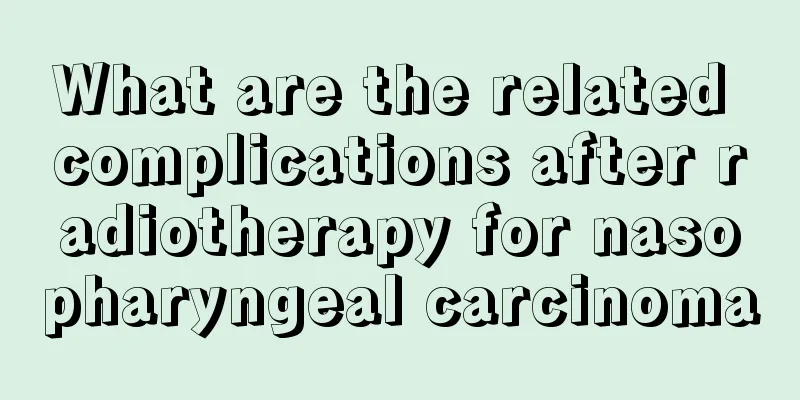What are the drugs for treating liver cancer

|
Treatments for liver cancer are divided into two categories: surgical and non-surgical. Surgical treatments include liver resection and liver transplantation. Non-surgical treatments include radiotherapy and chemotherapy, molecular targeted therapy, traditional Chinese medicine, biological therapy, and so on. Each method has its own characteristics and efficacy. Comprehensive therapy is not the superposition of various methods, but is specifically allocated according to each different patient. Current medical research has found that targeted drugs are still very effective in the treatment of liver cancer, which is also a development in biotechnology. Targeted drugs can target cancer cells and directly inhibit or kill cancer cells. There are also many targeted drugs for liver cancer, including sorafenib, bevacizumab, etc. 1. Sorafenib Sorafenib is the first targeted drug used in the treatment of liver cancer. Sorafenib is a small molecule multi-target biological targeted therapy new drug. The survival, growth and metastasis of tumors depend on tumor cell proliferation and tumor angiogenesis. Sorafenib can directly inhibit tumor cell proliferation by inhibiting the RAS/RAF/MEK/ERK signal transduction pathway. On the other hand, it can inhibit the activity of several tyrosine kinase receptors related to angiogenesis and tumor development, including vascular endothelial growth factor receptor-2, platelet-derived growth factor receptor, etc., to block tumor angiogenesis, indirectly inhibiting the growth of tumor cells, thereby playing an anti-tumor role. Liver cancer is the most solid vascular tumor with high expression of VEGF, so the effect of sorafenib in inhibiting angiogenesis may be more significant for liver cancer. 2. Sunitinib Sunitinib. Sunitinib is a multi-target tyrosine kinase receptor small molecule inhibitor, including PDGF-α, PDGF-β, VEGFR-1, VEG-FR-2, VEGFR-3, KIT, FLT-3, colony stimulating factor receptor type 1 (CSF-1R) and RET. It inhibits tumor cell division and growth by interfering with signal transduction. 3. Erlotinib It is an oral small molecule EGFR inhibitor that targets the tyrosine kinase region. It is not widely used for liver cancer. 4. Cetuximab It is a monoclonal antibody that targets EGFR. Like bevacizumab, it has become an important part of the standard treatment for many patients with advanced, wild-type colorectal cancer. Unlike erlotinib, there is still a lack of strong evidence to prove its effectiveness in the treatment of liver cancer. 5. Everolimus It is another inhibitor of mTOR and has been shown to be effective in liver cancer xenografts. Studies have shown that the early results of everolimus combined with sorafenib in the treatment of HCC are satisfactory. |
<<: What are the auxiliary drugs for liver cancer
>>: What are the traditional Chinese medicines for liver cancer ascites
Recommend
Thyroid cancer metastasis
There are many types of common diseases in life. ...
Can people with skin cancer eat protein powder
Can skin cancer patients take protein powder? Abo...
Where is the best place to treat bile duct cancer
Where is the best place to treat bile duct cancer...
What are the symptoms before death from throat cancer
What are the symptoms before death from laryngeal...
9 uses of boiling banana peels in water, do you know these?
Bananas are a commonly eaten fruit in our daily l...
What's wrong with my eyes hurting and afraid of light?
When your eyes are painful or you are afraid of l...
What can't you eat if you have ovarian tumor
What should not be eaten by patients with ovarian...
How can Pityrosporum fumigatus be eradicated?
Pityrosporum is a particularly stubborn type of f...
What to do if hair falls out after dyeing, 5 powerful methods
Some people experience hair loss after dyeing the...
What are the symptoms of benzene poisoning?
Benzene poisoning is a very dangerous thing. Some...
What causes uterine cancer? Is uterine cancer hereditary?
If you want to do a good job in the prevention an...
Glutamyl transpeptidase 120
Glutamyl transpeptidase is related to the metabol...
Which razor shaves the best?
Under normal circumstances, men will grow beards,...
What foods are good for preventing lung cancer
As for lung cancer prevention, people have differ...
How to care for complications after prostate cancer surgery
Prostate cancer is a male disease with a relative...









